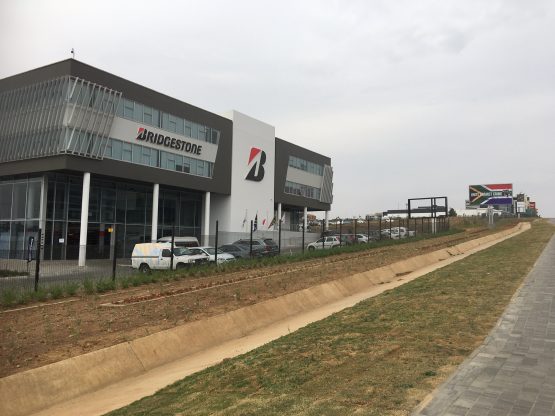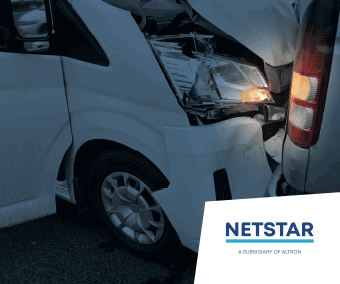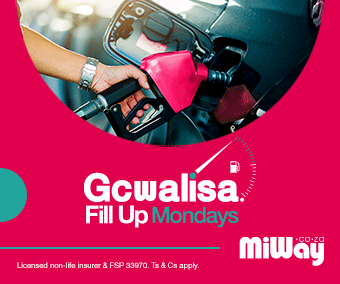Bridgestone Southern Africa (BSAF) has been certified as a Level 1 Broad-Based Black Economic Empowerment (B-BBEE) contributor, the highest level possible. Reacting to the news of this certification, Bridgestone Southern Africa CEO Jacques Fourie says, “making the journey from Level 7 to Level 1 in only three years is a huge achievement, and it tells a story about what makes Bridgestone Southern Africa tick. We are a Global company that operates proudly as a local manufacturer, wholesaler and retailer and we want to do the right thing for our industry, customers, employees, and country for future generations to come. At the end of the day, empowerment is all about people and this achievement is testimony to the hard work and passion our team has put into taking us to the next level as a company.”
Bridgestone Southern Africa’s climb to Level 1 status can be attributed to its sustained focus on improving its performance in all scorecard areas. Each element of the scorecard—ownership, employment equity, management control, enterprise and supplier development, skills development, and socio-economic development—is the responsibility of a member of the executive leadership team, including the CEO and CFO.
Bridgestone Southern Africa’s improved scores in Management and Control are evident in the diversity it has achieved in its leadership team: one out of its three executive directors is a black female (33%), while two out of its five non-executive directors (40%) are black females. As a whole, despite the fact that the tyre industry is traditionally male-dominated, Bridgestone Southern Africa has achieved 33% Female leadership across all management positions.
When it comes to Skills Development, Bridgestone Southern Africa has a multipronged approach. It is investing substantially in training, with a special focus on developing a robust leadership pipeline. To date, 54 employees have attended leadership programmes at Gordon Institute of Business Science (GIBS): 15 of them at NQF Level 5 (Leading Leaders), 18 at NQF Level 4 (Leading Others), while a further 21 have completed the Leading Self skills programme.
“We are investing in leaders to build capacity that will support culture-shift initiatives and drive high-performance culture,” he says.
Youth remains a core focus of the company’s skills development programme. The company continues to participate in the Government’s Youth Employment Service (Yes4Youth) and currently has 38 interns as part of that programme. A further 32 interns are funded by MERSETA and the business itself. These individuals are receiving the experience they need to become employable. Bridgestone Southern Africa has been taking part in the Yes4Youth programme for the past three years. Despite the fact that the target was reduced for 2021, it decided to aim for the same, higher target as in the previous two years, resulting in the gain of three additional bonus points. It also achieved the scorecard’s absorption targets.
Taking all its skills training programmes into account, Bridgestone Southern Africa has over 150 people receiving training designed to equip them to build careers in the industry. Fourie stresses that skills development initiatives include all employees despite the need to correct skills deficits caused by the country’s past.
The company has continued to expand its support of small black-owned businesses in alignment with the aims of the Enterprise Supplier Development component of the scorecard. It further partnered with Enterprise Room to support these companies when they were affected by the July 2021 unrest with professional services as well as financial assistance. On the final scorecard element, Socio-Economic Development, Bridgestone Southern Africa achieved the maximum number of points behind its efforts.
Earlier this year the Top Employer Institute named Bridgestone Southern Africa a Top Employer in South Africa. One of the factors that led to this award was the high levels of motivation amongst employees which shows that the efforts put into B-BBEE are bearing fruit across the whole company.
“We have never seen B-BBEE as a compliance issue—for us it’s integral to our strategy to remain a leading local manufacturer and industry leader. To achieve that goal, we have to invest in our people and the communities in which we operate, that’s the jet fuel powering our B-BBEE initiatives,” says Fourie.


























